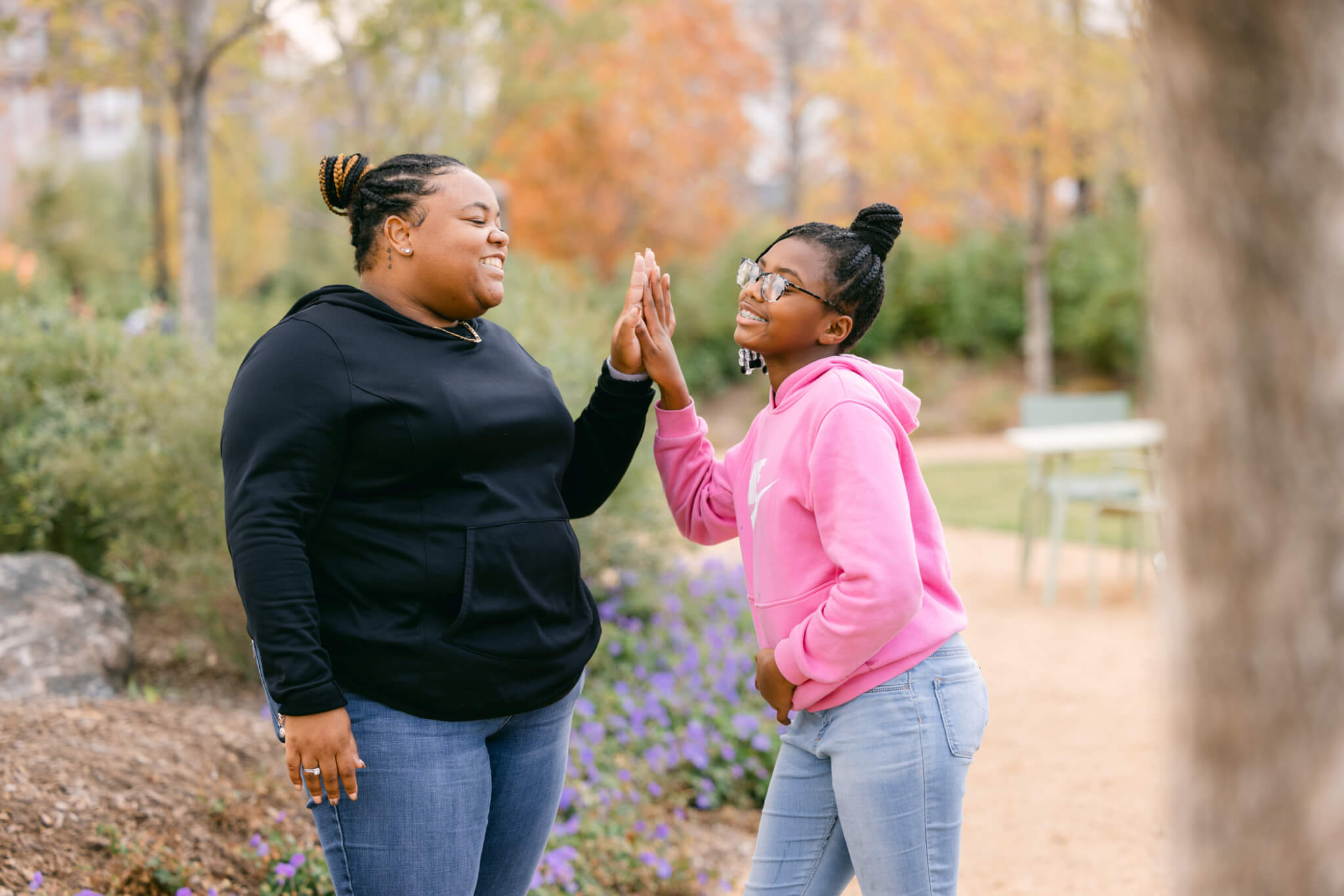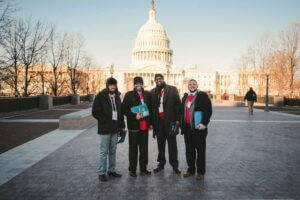Turning Advocacy into Action
Growing up on the fringe of D.C., it’s ironic to think that running around the White House Lawn during an Easter Egg Roll was the closest I got to politics. That is… until my first Capitol Hill Day in 2016! Thanks to MENTOR, I have learned how to effectively work with members of Congress (MOCs) and their staff to support our critical youth mentoring work.
Last year, MENTOR Illinois was incredibly fortunate to collaborate with staff from Senator Dick Durbin’s office on the S. 1658, The Mentoring to Succeed Act – legislation to establish or expand school-based mentoring for at-risk middle and high school students across the nation. During the bill’s formulation process, MENTOR Illinois worked to provide data from both the national and Illinois youth mentoring surveys. However, we wouldn’t have been able to provide recommendations and input if it weren’t for the critical relationship building we did during the last few years!
In Chicago – a city where risk factors like poverty, violence and failing schools are far too common – our mentoring gap is larger than most. We estimate that 80% of the 160,000 kids facing poverty are growing up without a mentor. The Mentoring to Succeed Act could help us close that gap by providing vital support for mentoring to strengthen outcomes for our most vulnerable youth. And we believe that will help disrupt the cycles of poverty and violence.
As you plan your own advocacy efforts, here are a few tips that helped us build strong relationships and a solid case for youth mentoring support in Congress.
Our Role in Shaping Legislation
Members of Congress need accurate information to determine how they will vote on legislation, as well as when they develop and build support for legislation. They simply cannot be the experts on every topic, so they rely on a variety of sources to inform them, including their staff, constituents, and issue experts.
Issue experts – that’s us!
Every time we communicate with a MOC or staff member, we see it as another chance to frame the challenges faced by youth in our community and the many ways that best-practice mentoring effectively addresses those challenges.
According to a recent congressional report, nearly half of all legislators agreed that “providing credible, reliable information” is the most important factor in gaining access to them and their staff. We continue cultivate relationships with our MOCs and their staff by:
- Forwarding stats, trends, and other information year-round
- Following them on social media and offering support and insight
- Inviting them to local events to hear from their constituents and learn more about the challenges facing youth and mentoring programs in our state
- Thanking them for their work (both intentionally and spontaneously when we see them)
Our Role in Preparing Ourselves to Advocate
MENTOR Illinois uses these helpful reminders before we interact with members of Congress every time:
- Do your homework before calls or meetings! Senators are interested in statewide information and Representatives want you to take a deeper dive into their specific district. Identify which committees your MOCs serve on and what legislation they have supported so you can target your conversation and/or ‘ask’. You get the idea – prep, prep, prep!
- Include program staff from the legislator’s district in meetings. Make sure all participants know the goal of the meeting and are prepared to share their perspective, as it relates to your overall message. If youth, program staff or other stakeholders can’t join you, include quotes in your materials. MOCs love to hear from the beneficiaries of the legislation they supported (or are asked to support).
- Create a fact sheet or impact report. Infographics and visuals are best – legislators & their staff muddle through an inordinate amount of literature. Share the most concise information!
- Ask how you can be of help to your MOC. At a meeting with Senator Durbin’s staff, we recognized that our large network of youth-serving organizations could help them distribute valuable information on an education initiative. Bonus!
Now that we’ve shared our best tips and lessons learned from collaborating with a Senate office we hope that you will turn advocacy into action, too! To learn more about how you can take action during Advocacy August click here.


